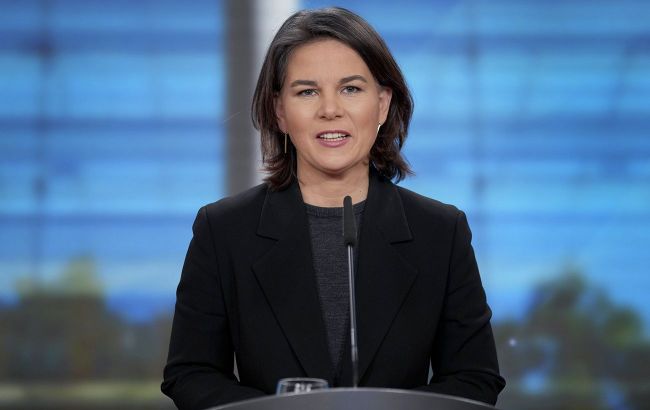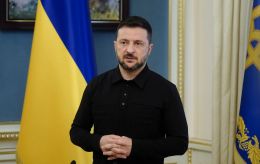Germany opposes sending cluster munitions to Ukraine, minister says
 German Foreign Minister Annalena Baerbock (Getty Images)
German Foreign Minister Annalena Baerbock (Getty Images)
In a recent statement reported by Reuters, German Foreign Minister Annalena Berbock expressed Germany's opposition to the transfer of cluster munitions to Ukraine.
Germany, as one of the 111 participating states in the Convention on Cluster Munitions, has signed the treaty that prohibits the use, accumulation, production, and transfer of these weapons. The United States, Ukraine, and Russia are not party to this convention.
Asked for a comment on what U.S. officials had said, Baerbock told reporters at a climate conference in Vienna: "I have followed the media reports. For us, as a state party, the Oslo agreement applies."
Baerbock was referring to the CCM, which was opened for signature in the Norwegian capital in 2008. It bans the use, stockpiling, production and transfer of cluster munitions.
Meanwhile the White House said sending cluster munitions to Ukraine is "under active consideration" but it had no announcement to make. According to The Washington Post, President Joe Biden has approved the provision of cluster munitions to Ukraine, and an official announcement is expected today.
Cluster munitions
DPICM (Dual-Purpose Improved Conventional Munition) is a family of artillery and rocket cluster munitions developed by the United States. These munitions combine armor-penetrating capabilities to engage armored targets and fragmentation effects to combat personnel. Some munitions within this family may also have delayed-action fuzes.
The United States has approximately 3 million cluster munitions stockpiled, which can be utilized with 155mm howitzers.
Earlier, the Pentagon said that cluster munitions could be effectively employed by Ukrainian Armed Forces units against entrenched positions of Russian forces.

